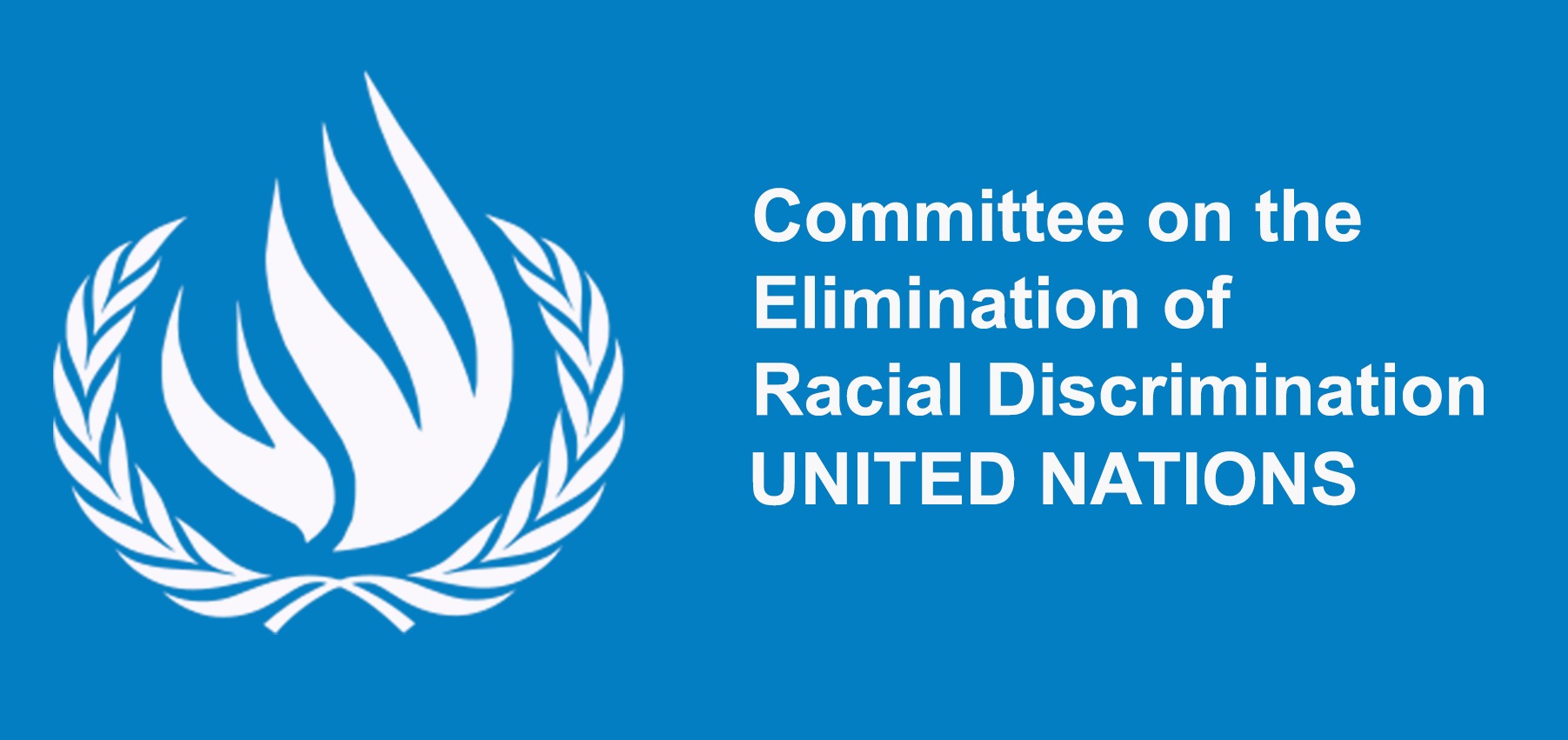Background:
The Generalized Scheme of Preferences Plus (GSP+) is a special incentive arrangement for sustainable development and good governance granted by the European Union (EU) to developing countries. The GSP+ status allows eligible countries to benefit from reduced or zero tariffs on a wide range of exports to the EU. Pakistan has been a beneficiary of the GSP+ scheme. Pakistan granted GSP+ status by the EU in 2014. This was a significant development as it provided Pakistan with enhanced access to the EU market, helping boost its exports. With GSP+ status, Pakistan enjoyed preferential trade benefits, including reduced tariffs on various products exported to the EU. This was aimed at promoting economic growth, creating employment, and fostering development.
Monitoring and Compliance is an important aspect of this scheme, because, GSP+ eligibility is contingent upon beneficiary countries adhering to certain commitments related to human rights, labor rights, environmental protection, and good governance. The EU conducts regular assessments to ensure compliance. The GSP+ arrangement undergoes a review every three years. During these reviews, the EU assesses the beneficiary country’s progress in meeting the required standards. Pakistan has undergone multiple reviews since initially being granted GSP+ status. Pakistan continues to engage with the EU to maintain its GSP+ eligibility. This report is an outcome of the review conducted for the 2020-2022.
The Main Components of Report:
The Report has four main sections; first section entails the brief summary of the assessment made. Second section of the report sheds light of the journey of Pakistan since ratification of GSP+ back in 2014. Third section highlights crucial recent developments in the context, Forth Section presents the statistical landscape of EU Pakistan trade in GSP+ perspective. The fifth and last section of the report pointed out Pakistan’s compliance with GSP+ Obligations.
Analysis of the Report:
The report indicated that Islamic Republic of Pakistan faced an intricate web of challenges during the 2020-2022 monitoring cycle, marked by the global COVID-19 pandemic, geopolitical tensions, and environmental disasters. Despite economic, political, and social upheavals, Pakistan engaged in crucial legislative reforms aligned with its commitment to the Generalized Scheme of Preferences Plus (GSP+).
Setting up Human Rights Priorities and effective enforcement of enacted legislation:
The report appreciated the firm commitment of Government of Pakistan to human rights by enacting significant legislation, tackling issues such as torture, protection of journalists, gender-based violence, and promotion of women’s rights. On the other hand, it also emphasizes on the importance of effective enforcement of laws. To me, robust implementation mechanisms for recently enacted laws, especially the 2022 Anti-Torture Law through allocation of resources for trickle down the effect of legislation to the tehsil level is the systematic way to progress on the concerns raised in the report.
Role of Civil Society and their monitoring mechanism:
Pakistan’s international commitments, driven by the GSP+, offer a platform for civil society organizations and human rights defenders to address critical issues. It is highlighted that civil society in Pakistan, despite facing administrative hurdles and pressures on NGOs, remains vibrant. To ensure ample freedom for them, the Revised NGOs Policy issued by Economic Affairs Division during November, 2022, to follow religiously to accelerate procedures, and necessitates continuous evaluation.
Labor Rights and Environmental Sustainability:
The report appreciated the New Labor Laws in several provinces which signify progress, extending to Export Processing Zones (EPZ) and affirming their applicability to Special Economic Zones (SEZ). However, challenges persist in effectively implementing International Labor Organization (ILO) conventions, with concerns about Child and Forced Labor, Gender Discrimination, and insufficient occupational safety measures. Environmental disasters underscore the urgency of climate action, highlighting the need for implementing policies like the Hazardous Waste Management Policy. Laws and policies should execute through departments and monitoring committees should work independently.
Governance and Anti-Corruption Efforts:
The report accentuates the perceptions of widespread corruption in public sector as well as efforts to combat narcotics trafficking have been notable. However, positive developments, such as Pakistan’s removal from the FATF “grey list,” indicate progress in financial integrity.
International Commitments and Reporting:
Pakistan’s commitment to international conventions, particularly under the GSP Regulation, is commendable. Enhanced reporting compliance reflects increased awareness and capacity. The establishment of a National Compliance Centre is a positive step, fostering international compliance and promoting workplace equity.
Ministry of Human Rights and Idealistic Pathway to progress:
The report appreciated the adoption of National Action Plan for Human Rights in 2016 subject to expeditious execution of the plan. In addition, the Human Rights Information Management System established with the support of EU, to fully functional in collaboration with provincial governments. Nevertheless, the endeavors of the Ministry of Human Rights for appointment of chairperson and Members of National Commission for Human Rights and adoption of National Action Plan on Business and Human Rights is commendable as it has key role in implementation of international human rights conventions.
The Bottom Line:
This report provides a nuanced analysis of Pakistan’s journey during the 2020-2022 monitoring cycle. While legislative reforms and international commitments showcase positive strides, persistent challenges demand sustained efforts. The dynamic landscape of human rights, labor rights, and environmental sustainability requires a holistic and collaborative approach for tangible improvements, ensuring a rights-based environment for all citizens.











